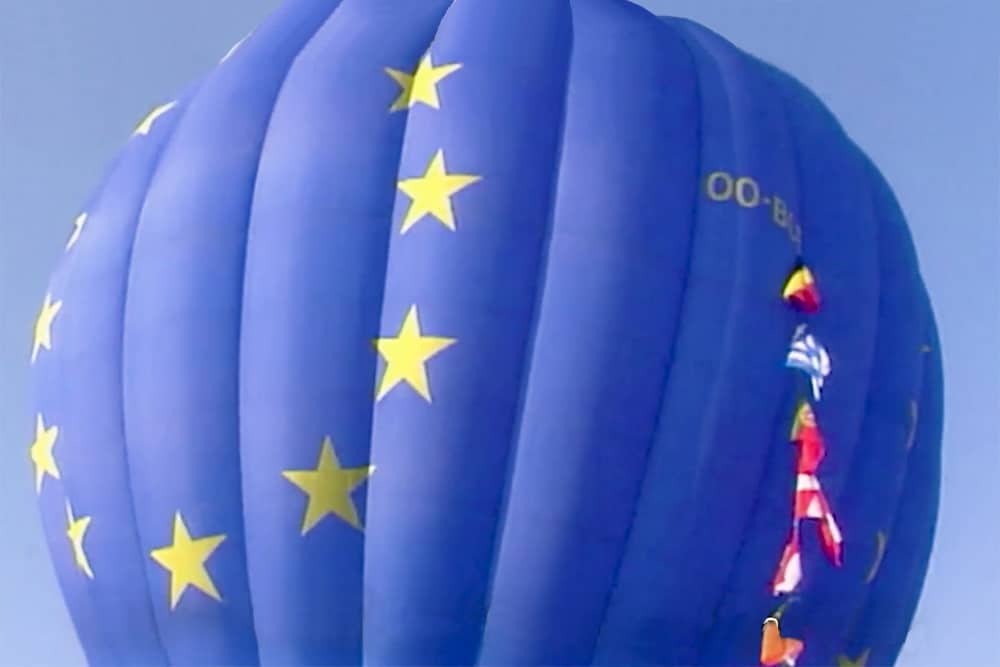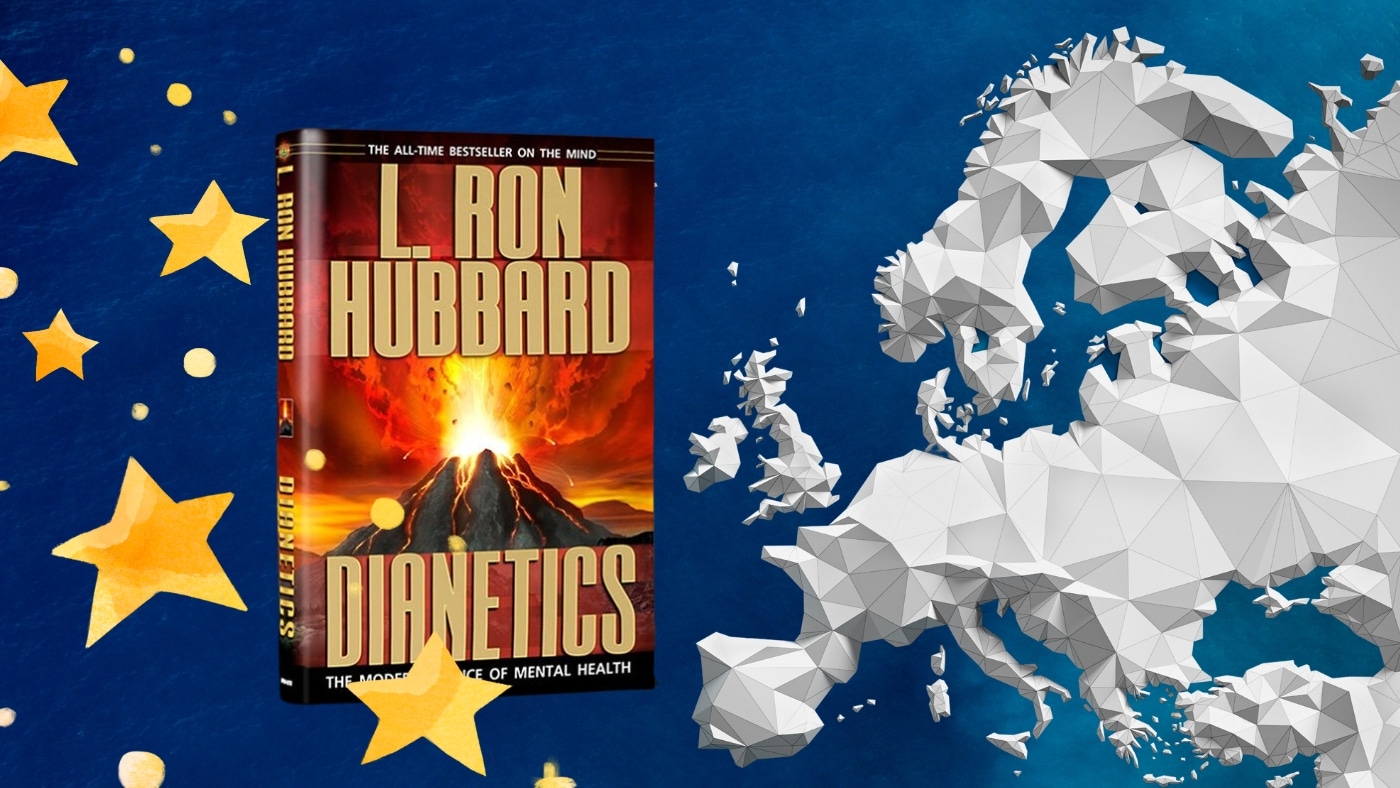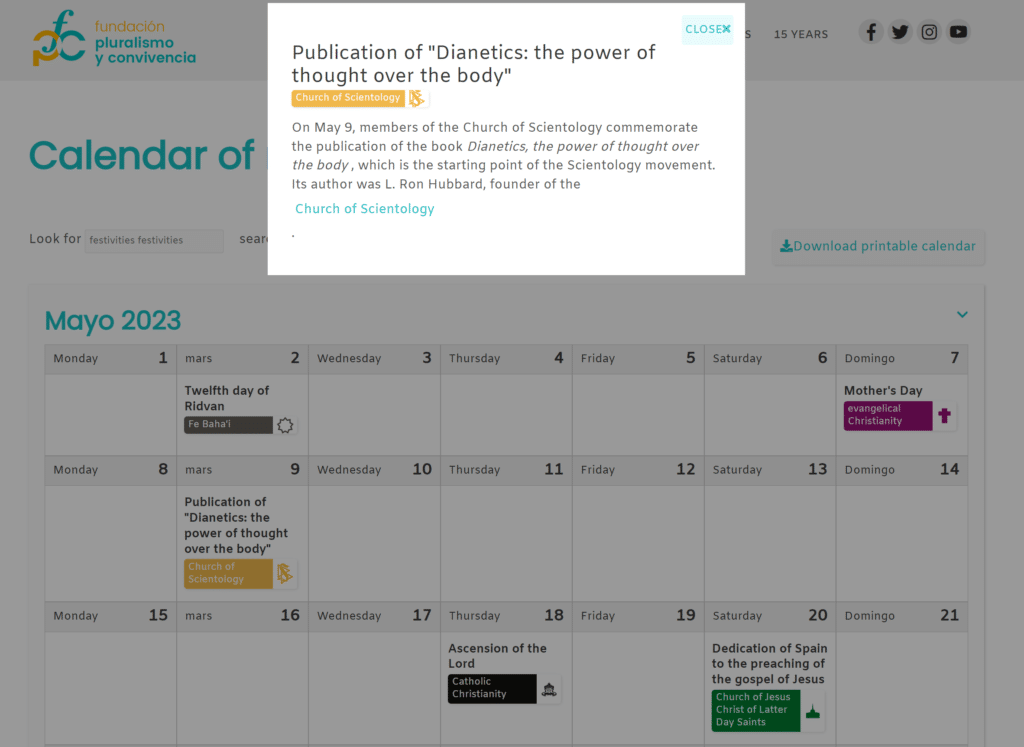European Parliament President Roberta Metsola´s address at This is Europe -debate with German Chancellor Olaf Scholz on Europe Day, 9 May 2023.
On Europe Day – this day of symbolism, of history and of the future, we welcome Germany’s Bundeskanzler, Olaf Scholz.
“World peace cannot be safeguarded without the making of creative efforts proportionate to the dangers which threaten it” – so begins the Declaration presented by Robert Schuman on 9th May 1950. It rings true today.
Every year, on this day, we celebrate Europe. An unprecedented project of reconciliation fundamentally based on solidarity. A project that brings people together without trying to make us all the same. A project that lit a light that permeated through iron curtains and concrete walls.
Europe Day reminds us of what is possible when we come together, of the responsibility that we have to keep moving forward.
The Schuman Declaration, our European Union, took bravery. Change takes courage.
The European Union is not perfect, I know many share our frustrations with some of our processes. But the fundamental pillars of hope, of possibility, of freedom, democracy and the rule of law, make this political project unique. We cannot take what we stand for, and we have achieved – and what we must achieve still – for granted. We must keep evolving.
European progress, was made possible thanks to daring solutions. And more daring solutions will be needed moving forward.
I know that we can count on Germany for just that. Yours, dear Chancellor, is a Member State, which shows unwavering commitment to the betterment of Europe.
So let me thank you for Germany’s support for Ukraine; for Germany’s contribution to the construction of new EU security architecture; for Germany pushing new technologies, for Germany defending human rights, such as the rights of women and men in Iran, and for so much more.
Chancellor you have said “We have every reason to be more optimistic about our future”. That is the spirit that must drive us forward.
We must reform. Anticipate change, not suffer it. We must find that courage that underpinned the Schuman Declaration again. We must help that light keep shining brighter.
We know that we are so much stronger, when we are together. And we will look to Germany – as to all Member States – to help reform and prepare our European future.
The European Union matters. It is worth it.
Es lebe Europa.















